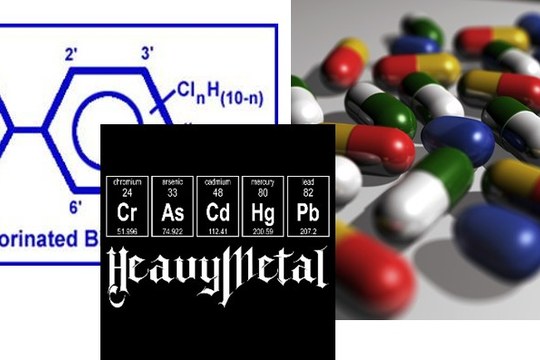- Home
- Master
- Admission Apri sottomenù
- Useful dates
- Teaching team
-
Program
Apri sottomenù
- Calendar
- Biology of large marine vertebrates
- Physiology of large marine vertebrates
- Anatomy of large marine vertebrates
- Statistics
- Monitoring of large marine vertebrates
- Conservation, education, and communication
- Risk and health management of large marine vertebrates under human care
- Pharmacology and Toxicology
- Diseases of large marine vertebrates
- Management of strandings
- International legislation on large marine vertebrates
- Ethology and behaviour of large marine vertebrates
- Welfare of large marine vertebrates
- Pathology of large marine vertebrates
- Seminar on "Scientific writing"
- Internship
- Agenda
- Contacts
- Accomodation Apri sottomenù
- PLACES OF TEACHING
- Field trip to Roatan (Honduras)
- Master final work

Pharmacology and Toxicology
Program
2 CFU (24 hours)
Pharmacology
Students will be introducted to basics of pharmacology and on the use and adverse effect of drugs in large marine vertebrates. Focus will be given on characteristics of drugs which are used during strandings, in rehabilitation centres and in animals under human care. Their clinical application are outside the aims of this course and will be discussed in the courses of "Risk and health management of large marine vertebrates under human care" and "Management of strandings".
LEARNING OBJECTIVES
- Pharmaco- and toxicokintetics principles
- Pharmaco- and toxicodinamics principles
- Routes of drugs administration
- Dosing of drugs
- Drugs classes: antibiotics, antiparasitics, antifungals, anti-inflammatories
- Antibiotic resistance
- Anesthesia
- Euthanasia
- Collateral effects of drugs
Toxicology
Students will be introducted to the characteristics of main toxicants impacting large marine vertebrates health. Both natural and anthropogenic compounds will be considered, and special attention will be given to their adverse, long-term effects.
LEARNING OBJECTIVES
- Movement of toxicant in the environment and bioavailability
- Concept of accumulation and biomagnification
- Legacy contaminants: trace elements, PCBs, PBDEs, organochlorine compounds
- Novel compounds: poly- and perfluoroalkil compounds, marine litter, microplastics
- Oil
- Algal toxins
- Immunotoxic effects
- Reproductive effect
- Other adverse effects
- Sampling in toxicology